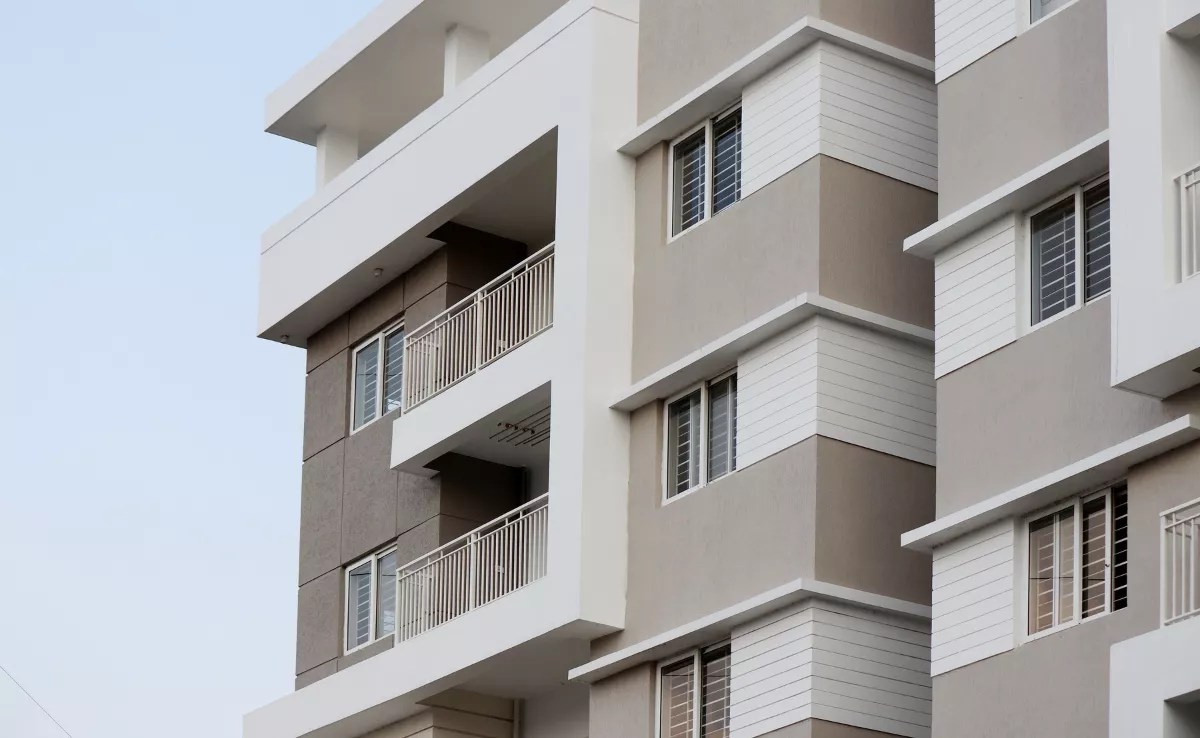The residents of San Andres they have been requesting the pruning of the Indian laurels that populate Pedro Schwartz Avenue, but also in other parts of the town, whose fruits, falling to the ground, end up impregnating the sidewalks and squares with a sticky substance that dirtys the pavement and makes it difficult to walk on them. Even some neighbors have suffered falls, since, when trying to remove this dirt with water, it makes the floor slippery. These complaints have been sent both to the political representatives in the Tagoror of the Anaga District, and through the El Pescador Neighborhood Association, which, this Sunday, sent a new letter to the District reiterating the neighborhood complaints on this issue.
In the text it can be read that “the accumulation of balls and leaves of the Indian laurels have caused several falls, in addition to the bad smells and the appearance of the area that is embarrassing.” Situation that is repeated in both squares and the Taganana road.
The Fisherman, who has even collected signatures to proceed with the pruning of these trees, something to which the municipal technicians are opposed, requests that the areas where there are laurel trees be washed down several times a week, because the current frequencies they are insufficient. “We ask that real solutions be taken from the District and that the agreements that once emerged in a meeting with the previous Councilor for Public Services and municipal technicians who promised to increase the flushing in this area are fulfilled,” they state.
As pointed to DIARY OF NOTICES the spokesperson for the PSOE in Tagoror de Anaga, Kiara de la Rosa, “you just have to take a walk along Pedro Schwartz avenue, the San Andrés-Taganana road to the bridge and the area of the Antonio Cova Concejal square to observe the state of abandonment in which the laurels of the Indies are found and the dirt they cause due to lack of maintenance”.
De la Rosa points out that “the streets are full of figs, tree branches entering the roofs of neighbors and unpruned palm trees.” He notes that “it is the same neighbors who several times a day have to sweep the door of their house to be able to enter without the risk of slipping. Others, including older people, constantly clean the patios, terraces and roofs of their houses, because it is impossible to keep them clean of figs and leaves. There are even branches that reach windows and roofs.”
In addition, the socialist member adds that “the problem is aggravated because, when they come to clean, they wash down with water and the figs that are stuck to the ground make the pavement slip and some have already suffered falls.”
As a representative of the PSOE in Tagoror de Anaga, he also points out that the neighbors have reported other complaints, such as those from the upper part of the Cercado who denounce the poor state of the road that gives access to their farms and homes.
















